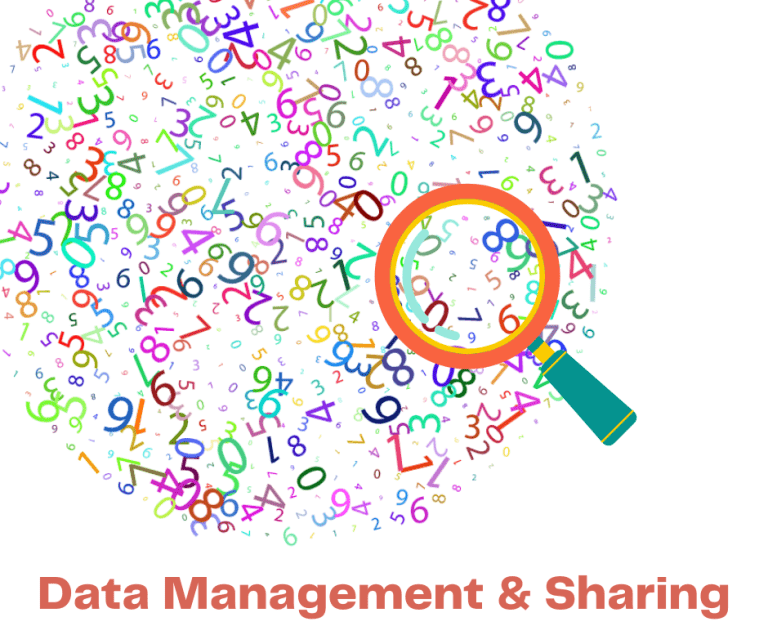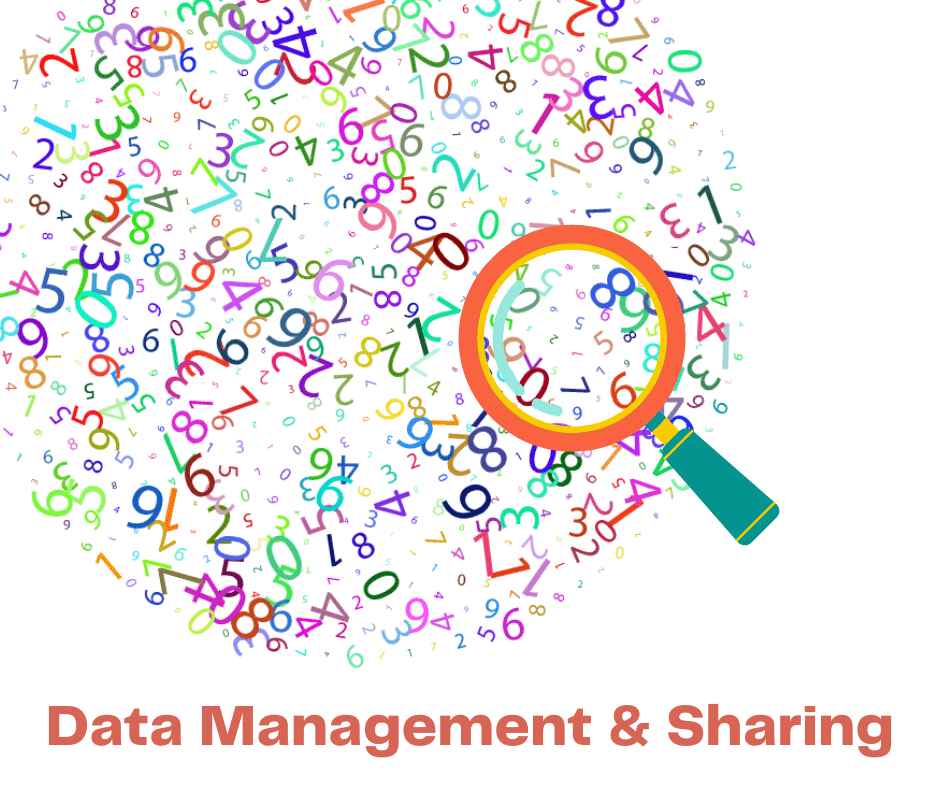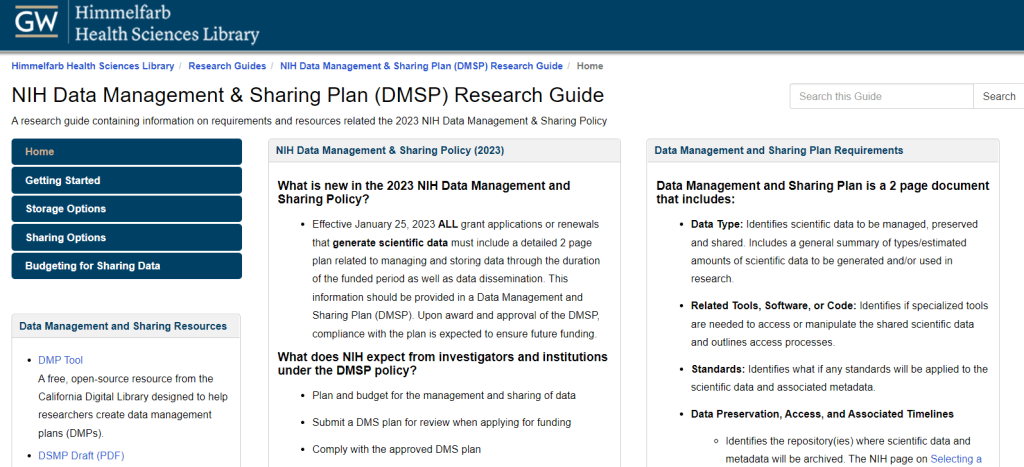
Fall means more than pumpkin spice. Fall grant application season is also here with October submission deadlines for both NIH and NSF. Both organizations have modified the grant application process and here’s what you need to know:
- NIH: NIH has rescinded the single budget line item requirement for data management and sharing costs.
- Applications with a due date of October 5, 2023, or later will not be required to include a single line item for Data Management and Sharing Plan activities in the budget. These costs should be placed in other appropriate categories, such as personnel, equipment, supplies, and other expenses. Read the full announcement on the NIH website.
- NSF: NSF now requires the use of the SciENcv or the Science Experts Network Curriculum Vitae for biographical information.
- The mandate to use SciENcv only for preparation of the biographical sketch and current and pending (other) support will go into effect for new proposals submitted or due on or after October 23, 2023. Read more on the NSF website.
Need additional resources to help you with the grant application process?
- The GW Office of Sponsored Projects can assist with the full project lifecycle ranging from the initial concept to the management of the award.
- For the 2023 NIH Data Management and Sharing Policy, Himmelfarb maintains a related DMSP research guide and created a brief video tutorial highlighting important resources.
- Information on how to update your Biosketch is also available via a brief video tutorial from Himmelfarb.
For additional information reach out to Sara Hoover, Metadata and Scholarly Communications Librarian at shoover@gwu.edu or Himmelfarb at himmelfarb@gwu.edu.





